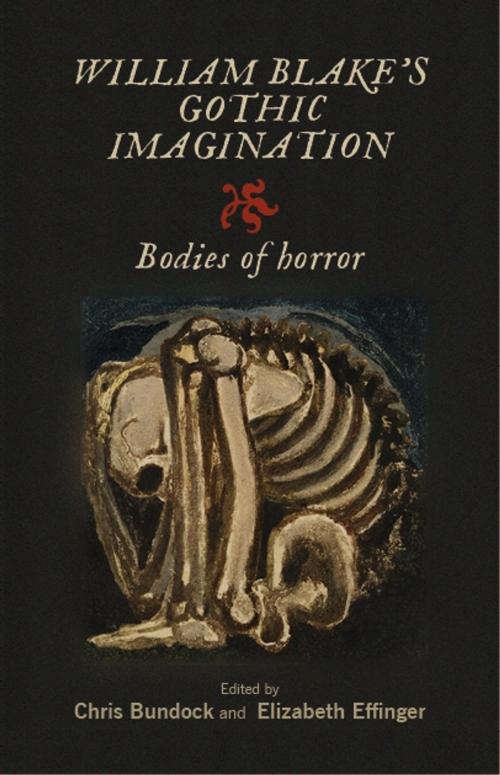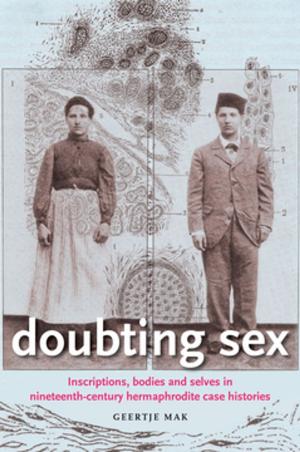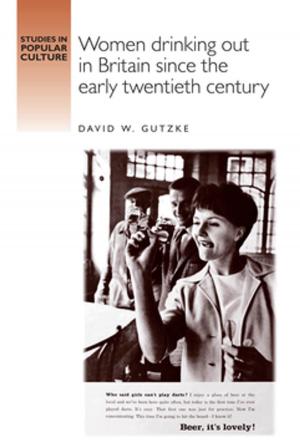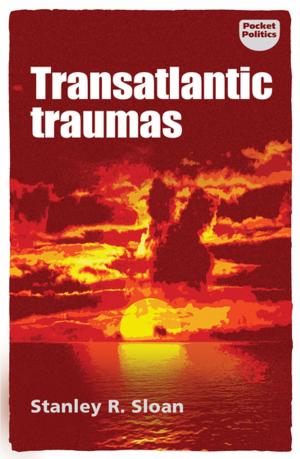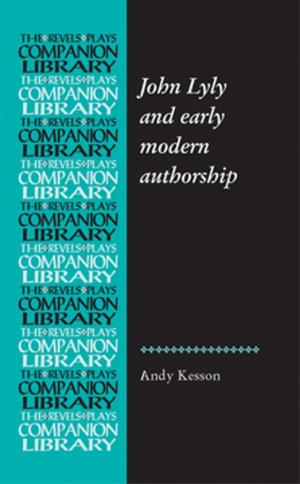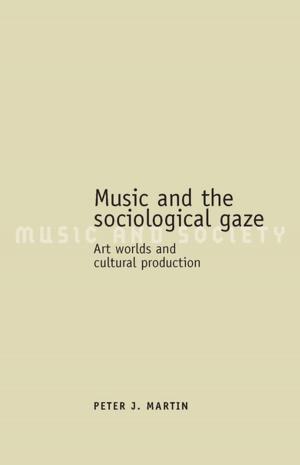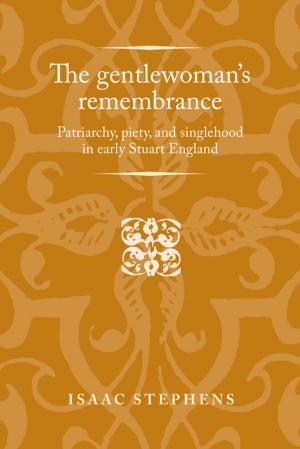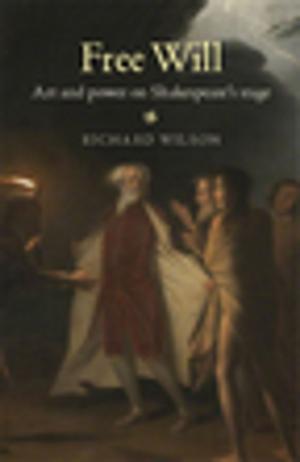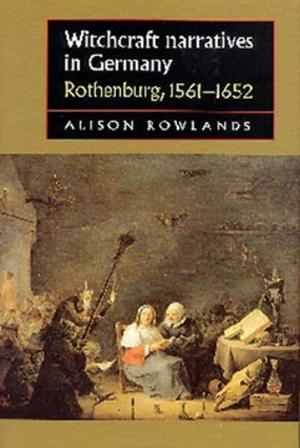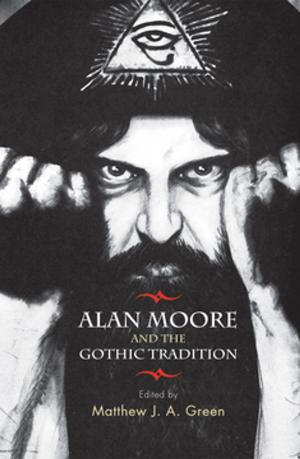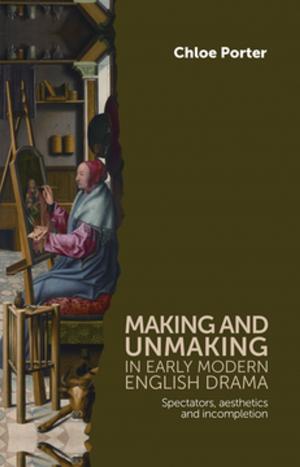William Blake's Gothic imagination
Bodies of horror
Fiction & Literature, Literary Theory & Criticism, Poetry History & Criticism| Author: | ISBN: | 9781526121967 | |
| Publisher: | Manchester University Press | Publication: | July 1, 2018 |
| Imprint: | Manchester University Press | Language: | English |
| Author: | |
| ISBN: | 9781526121967 |
| Publisher: | Manchester University Press |
| Publication: | July 1, 2018 |
| Imprint: | Manchester University Press |
| Language: | English |
Scholars of the Gothic have long recognised Blake’s affinity with the genre. Yet, to date, no major scholarly study focused on Blake’s intersection with the Gothic exists. William Blake’s gothic imagination seeks to redress this disconnect. The papers here do not simply identify Blake’s Gothic conventions but, thanks to recent scholarship on affect, psychology, and embodiment in Gothic studies, reach deeper into the tissue of anxieties that take confused form through this notoriously nebulous historical, aesthetic, and narrative mode. The collection opens with papers touching on literary form, history, lineation, and narrative in Blake’s work, establishing contact with major topics in Gothic studies. Then refines its focus to Blake’s bloody, nervous bodies, through which he explores various kinds of Gothic horror related to reproduction, anatomy, sexuality, affect, and materiality. Rather than transcendent images, this collection attends to Blake’s ‘dark visions of torment’.
Scholars of the Gothic have long recognised Blake’s affinity with the genre. Yet, to date, no major scholarly study focused on Blake’s intersection with the Gothic exists. William Blake’s gothic imagination seeks to redress this disconnect. The papers here do not simply identify Blake’s Gothic conventions but, thanks to recent scholarship on affect, psychology, and embodiment in Gothic studies, reach deeper into the tissue of anxieties that take confused form through this notoriously nebulous historical, aesthetic, and narrative mode. The collection opens with papers touching on literary form, history, lineation, and narrative in Blake’s work, establishing contact with major topics in Gothic studies. Then refines its focus to Blake’s bloody, nervous bodies, through which he explores various kinds of Gothic horror related to reproduction, anatomy, sexuality, affect, and materiality. Rather than transcendent images, this collection attends to Blake’s ‘dark visions of torment’.
